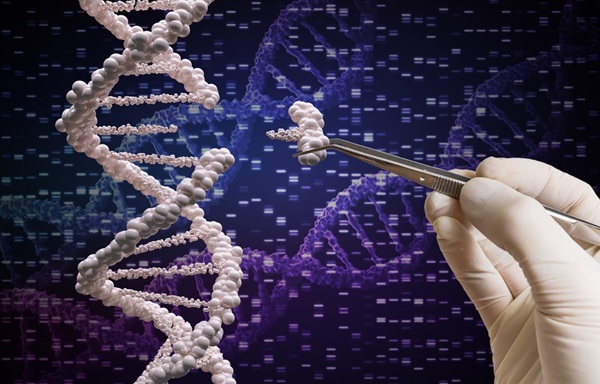Genome-Wide Analysis Pinpoints Cancer Cell Genes Linked to Metastasis and Chemotherapy Susceptibility
By LabMedica International staff writers
Posted on 02 May 2013
Cancer researchers used genome-wide analyses to investigate the link between gene expression and anticancer compound sensitivity and cancer cell invasion.Posted on 02 May 2013
Investigators at Academia Sinica (Taipei, Taiwan, Republic of China) and the National Taiwan University College of Medicine (Taipei, Republic of China) utilized the [US] National Cancer Institute's (Bethesda, MD, USA) panel of 60 tumor cell lines to gain insights on the genetic mechanism of drug sensitivity and on the contributing molecular factors to invasion heterogeneity. The NCI-60 human tumor cell line anticancer drug screen was developed in the late 1980s as an in vitro drug-discovery tool intended to supplant the use of transplantable animal tumors in anticancer drug screening. This screening model was rapidly recognized as a rich source of information about the mechanisms of growth inhibition and tumor-cell kill.
In the current study, the investigators identified invasion-associated (IA) genes by correlating their invasion profiling data with the Affymetrix gene expression data on NCI-60. They then employed the recently released chemosensitivity data of 99 anticancer drugs of known mechanism to investigate the gene-drug correlation, focusing on the IA genes. Afterwards, they collected data from four independent drug-testing experiments to validate the findings on compound response prediction. Finally, they obtained published clinical and molecular data from two recent adjuvant chemotherapy cohorts, one on lung cancer and one on breast cancer, to test the performance of their gene signature for patient outcome prediction.
Results published in the April 16, 2013, online edition of the journal BMC Medicine identified 633 IA genes from the invasion-gene expression correlation study. For each of the 99 drugs, the investigators obtained a subset of IA genes whose expression levels correlated with drug-sensitivity profiles. They identified a set of eight genes (EGFR, ITGA3, MYLK, RAI14, AHNAK, GLS, IL32, and NNMT) showing significant gene-drug correlation with paclitaxel, docetaxel, erlotinib, everolimus, and dasatinib. This eight-gene signature for chemosensitivity prediction was validated by a total of 107 independent drug tests on 78 tumor cell lines, most of which were outside of the NCI-60 panel.
The eight-gene signature predicted relapse-free survival for the lung and breast cancer patients and featured the cancer hallmark epidermal growth factor receptor (EGFR) and genes involved in cell adhesion, migration, invasion, tumor growth, and progression.
Senior author Dr. Ker-Chau Li, professor of statistical science at Academia Sinica, said, "Our study found eight genes which were involved in invasion, and the relative activation of these genes correlated to chemotherapy outcome, including the receptor for growth factor EGF. We also found that some invasion genes had unique patterns of expression that reflect the differential cell responses to each of the chemotherapy agents - five drugs (paclitaxel, docetaxel, erlotinib, everolimus, and dasatinib) had the greatest effect."
Contributing author Dr. Pan-Chyr Yang, professor of medicine at National Taiwan University, said, "The discovery of prognostic biomarkers for chemotherapy patients remains critical toward improving the efficacy of cancer treatment. The eight-gene signature obtained here may help choice of treatment as part of individualized cancer therapy and our method of gene discovery may be applicable in studying other cancers."
Related Links:
Academia Sinica
National Taiwan University College of Medicine
National Cancer Institute








 Analyzer.jpg)





